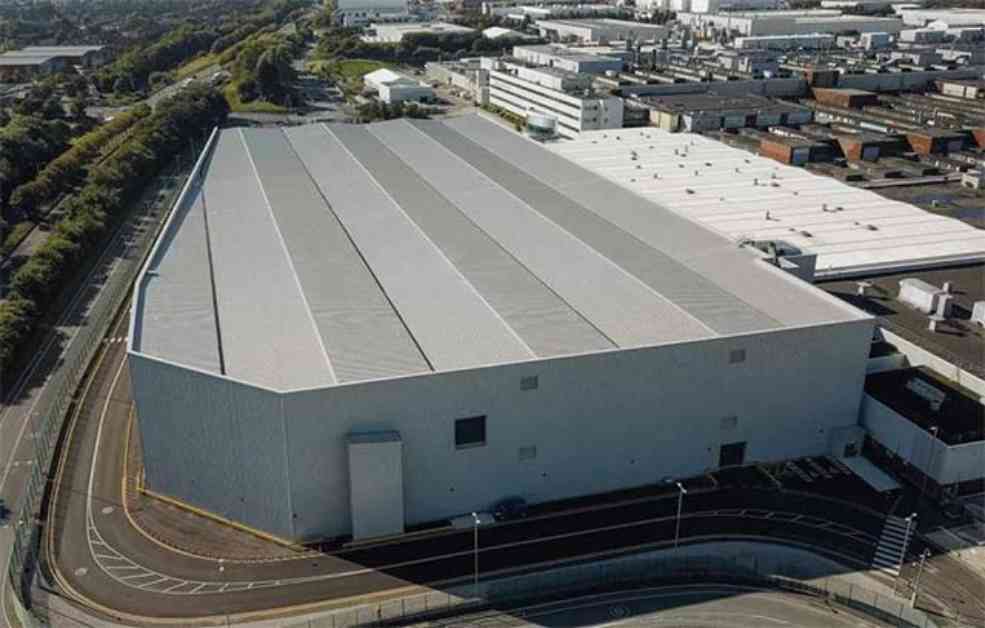Jaguar Land Rover has recently made a significant investment of £500 million to revamp its Halewood facility, which has a rich history dating back to its construction in 1963 for producing the Ford Anglia. The purpose of this investment is to enable the production of electric vehicles in addition to the existing combustion and hybrid models.
Over the past year, a total of £250 million has already been spent on the transformation of the Halewood site. This investment has involved an impressive amount of work, with over one million hours dedicated to construction activities. As a result, the facility has been expanded by 32,364 square meters to accommodate the production of JLR’s medium-sized electric luxury SUVs on the new Electric Modular Architecture (EMA) platform.
In order to support the production of electric vehicles, the historic plant has been equipped with state-of-the-art technology. This includes new EV build lines, 750 autonomous robots, ADAS calibration rigs, laser alignment technology for precise part fitting, and cutting-edge cloud-based digital plant management systems. These advancements have transformed the Halewood facility into what is being referred to as the ‘factory of the future’.
This investment is aligned with JLR’s Reimagine strategy, which aims to electrify all of its brands by the year 2030. Furthermore, the company is committed to achieving carbon net zero across its entire supply chain, products, and operations by 2039. Electrification plays a key role in this strategy, and Halewood is poised to play a crucial role in the transition towards electric vehicles.
In the coming years, Halewood will be producing a range of vehicles, including internal combustion engine (ICE), plug-in hybrid electric vehicle (PHEV), and battery electric vehicle (BEV) models. Eventually, the facility is expected to become JLR’s first all-electric production site, marking a significant milestone in the company’s journey towards sustainable mobility.
Overall, the investment in the Halewood facility represents a significant step forward for Jaguar Land Rover as it positions itself at the forefront of electric vehicle production. The transformation of the historic plant underscores the company’s commitment to innovation and sustainability, setting the stage for a future where electric vehicles play a central role in the automotive industry.









